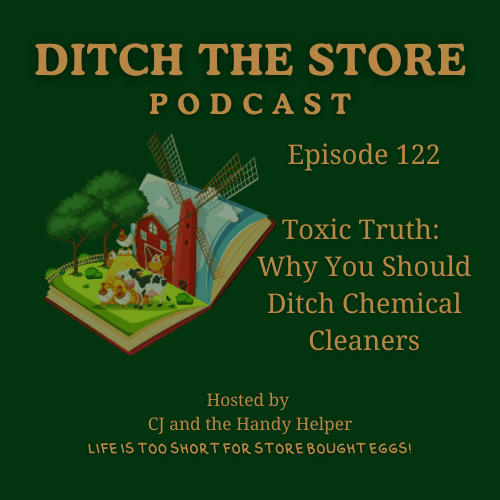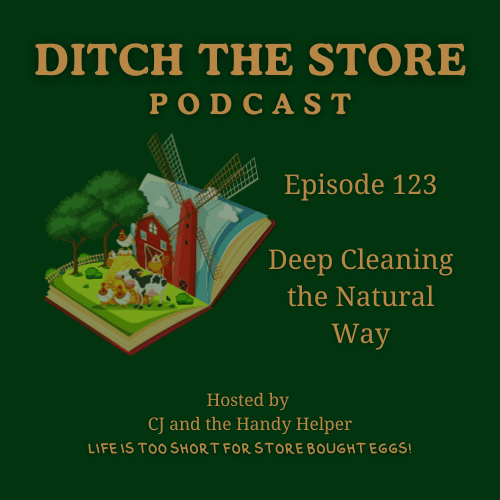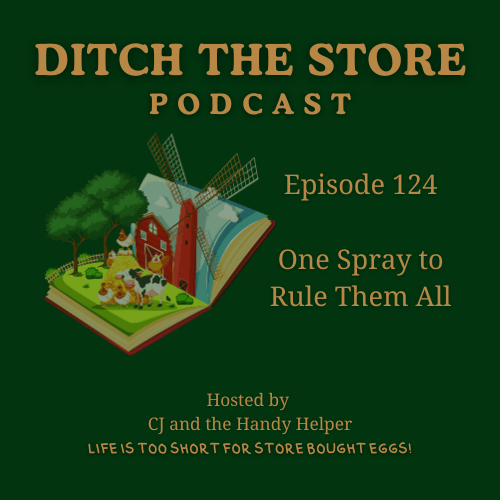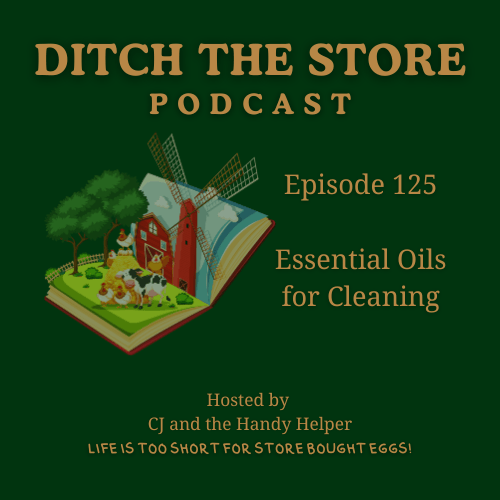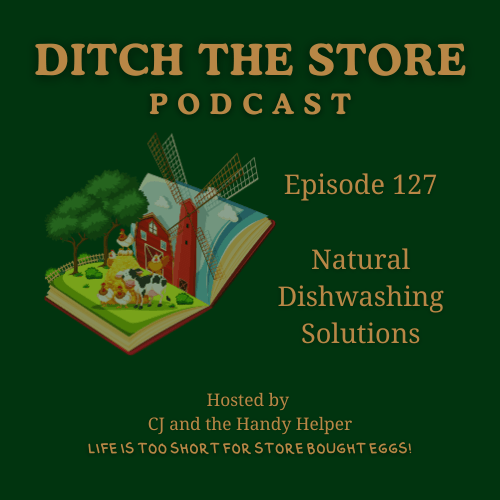
Essential Oils for Cleaning
Essential oils have long been celebrated for their therapeutic aromas, but their potential extends far beyond relaxation and mood enhancement.
These concentrated plant extracts pack a powerful punch when it comes to cleaning, offering antibacterial, antifungal, and deodorizing properties that make them a natural alternative to chemical-laden store-bought products.
In this post, we'll guide you through the most effective essential oils for cleaning, highlighting how you can incorporate these potent ingredients into your homemade cleaners.
Whether you're tackling tough stains or simply freshening up your living space, these DIY solutions will help you ditch the store while keeping your home smelling naturally fresh.
Let's explore how essential oils can transform your cleaning routine into a safer, more fragrant experience.
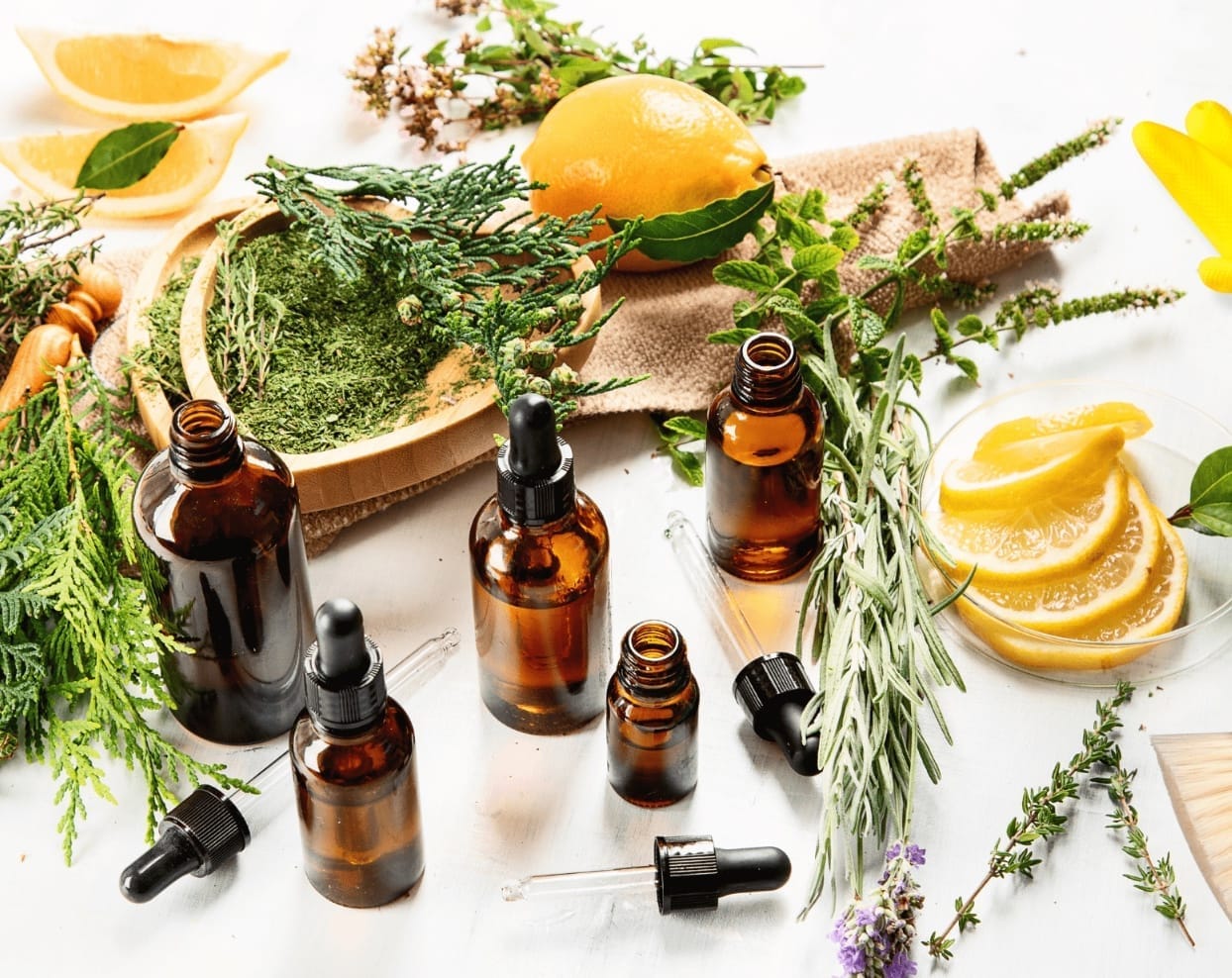
Why Essential Oils for Cleaning
Essential oils offer a natural, effective alternative to conventional cleaning products. Let's explore their cleaning power and health benefits.
Natural Cleaning Power
Essential oils pack a powerful punch when it comes to cleaning. These concentrated plant extracts contain compounds that can effectively combat bacteria, fungi, and other microorganisms.
Many essential oils have antimicrobial properties that rival those of synthetic cleaners. For example, tea tree oil has been shown to kill common household bacteria like E. coli and Staphylococcus aureus.
Studies have demonstrated that certain essential oils can even outperform bleach in some cleaning tasks. This natural cleaning power makes them an excellent choice for those looking to ditch store-bought products.
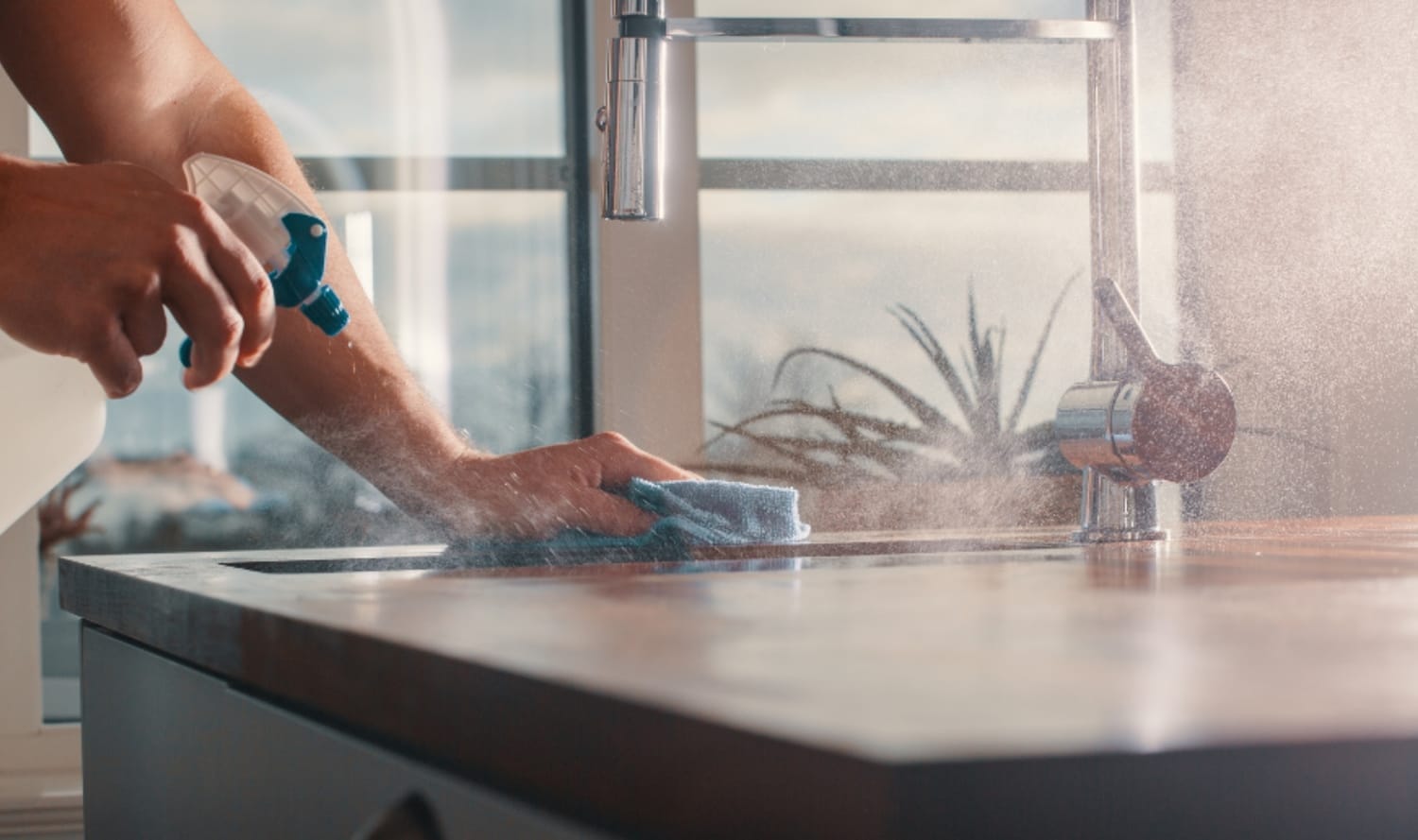
Health and Safety Benefits
Switching to essential oils for cleaning can have significant health and safety benefits for your household. Unlike many commercial cleaners, essential oils are free from harsh chemicals and synthetic fragrances.
This natural approach reduces your exposure to potentially harmful substances. Many people find that using essential oil-based cleaners helps alleviate symptoms like headaches, skin irritation, and respiratory issues often associated with chemical cleaners.
Additionally, essential oils offer aromatherapeutic benefits. The pleasant scents can boost mood and create a more inviting atmosphere in your home. It's a win-win situation: a clean house and improved well-being.
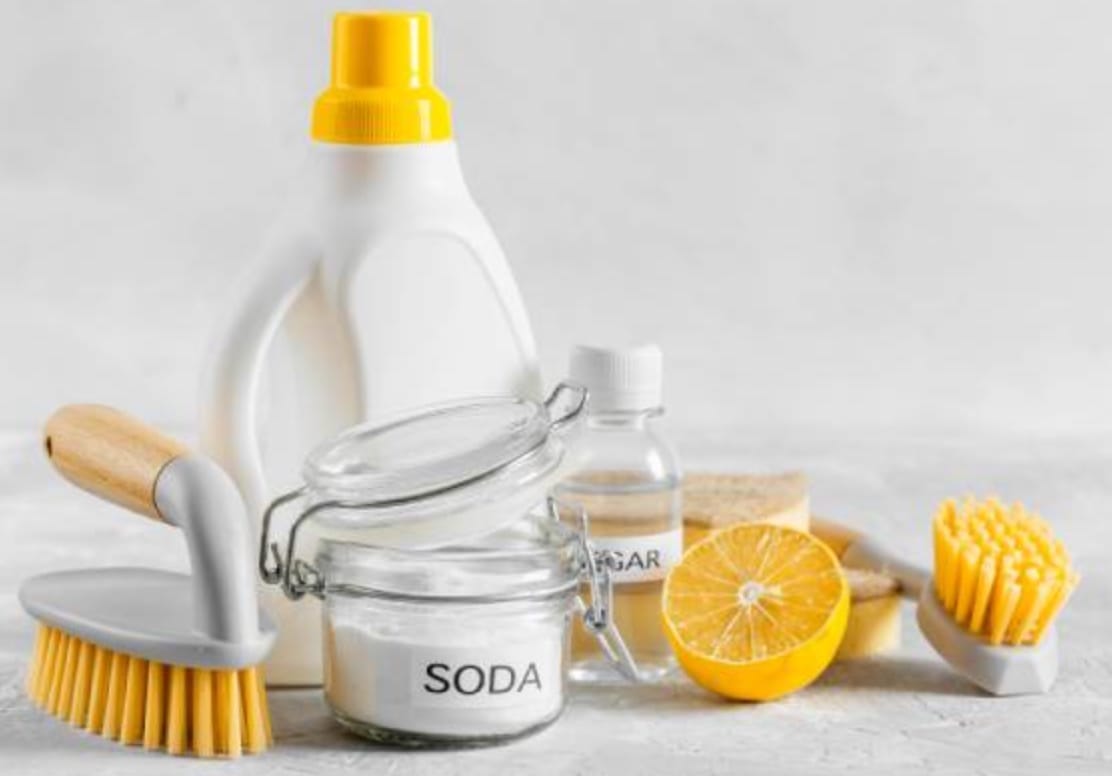
Top Essential Oils for Cleaning
Let's dive into the most effective essential oils for cleaning and their unique properties.
Lemon Oil's Versatility
Lemon essential oil is a powerhouse in the world of natural cleaning. Its bright, fresh scent and potent cleaning properties make it a go-to for many DIY enthusiasts.
Lemon oil contains d-limonene, a natural solvent that cuts through grease and grime with ease. This makes it particularly effective for kitchen cleaning tasks. It's also known for its ability to remove sticky residues and stubborn stains.
Many homemade cleaner recipes feature lemon oil as a key ingredient. From all-purpose sprays to wood polish, lemon oil's versatility shines through in various applications.
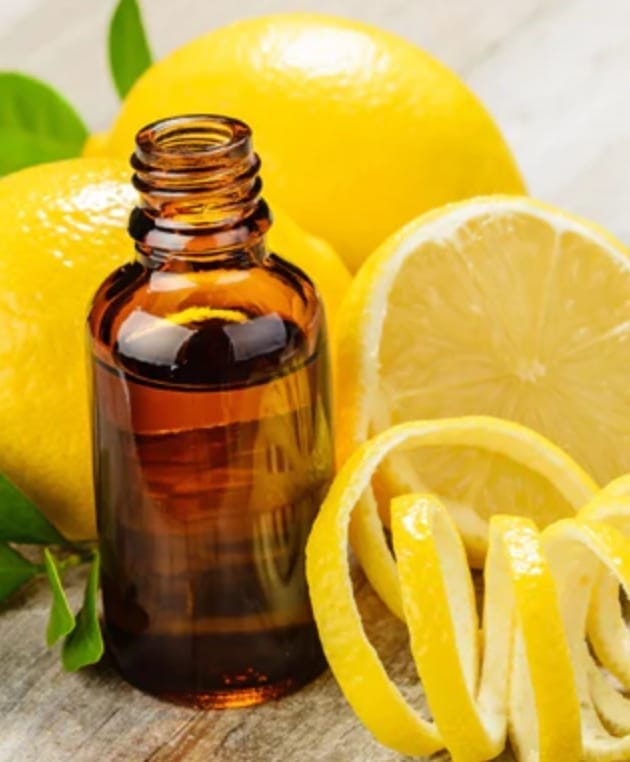
Tea Tree Oil's Potency
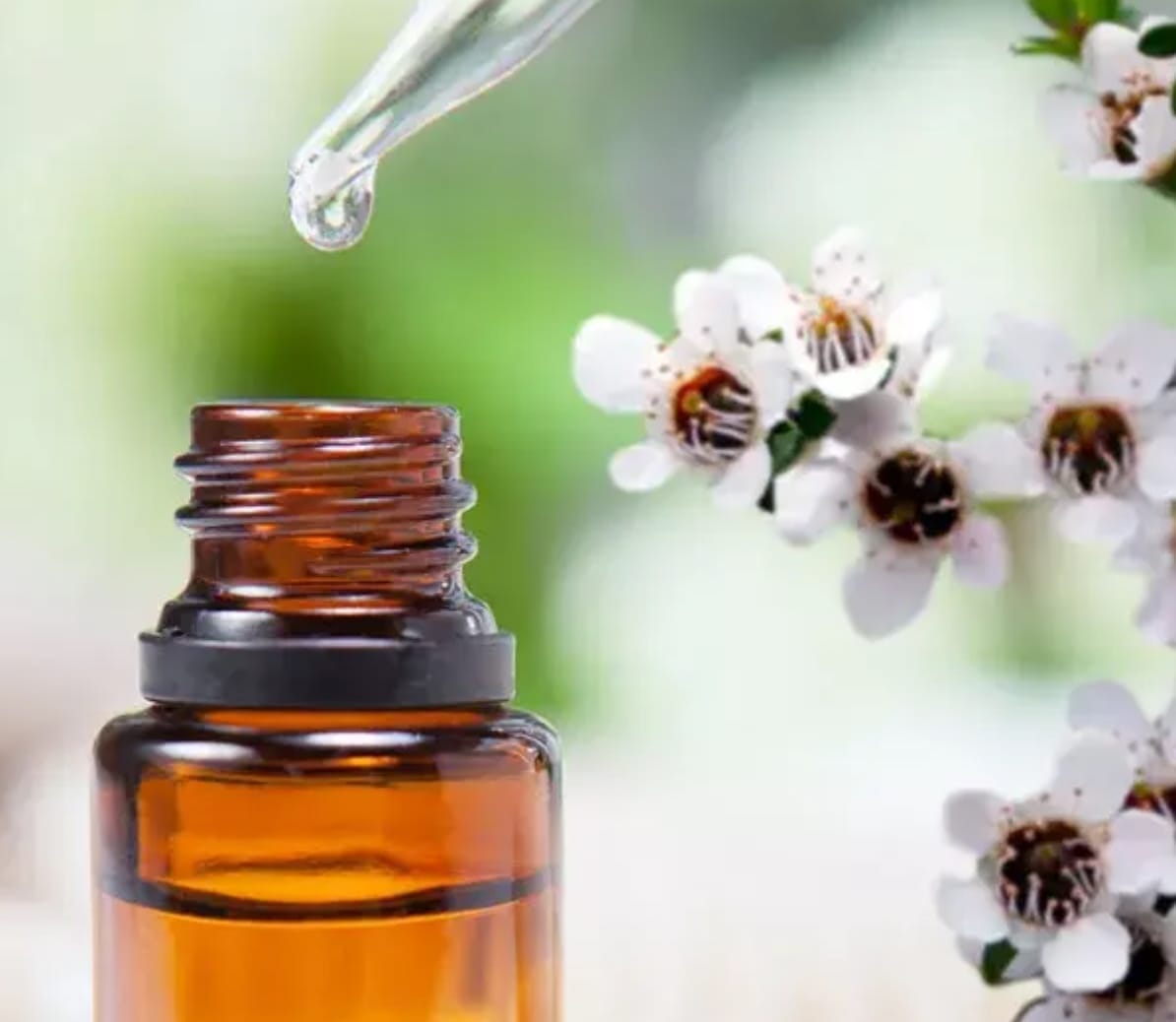
Tea tree oil, also known as melaleuca, is renowned for its powerful antimicrobial properties. This Australian native has been used for centuries for its medicinal benefits.
In cleaning, tea tree oil excels at tackling mold and mildew. Its antifungal properties make it particularly effective in bathrooms and other damp areas. It's also great for disinfecting surfaces and fighting odor-causing bacteria.
When using tea tree oil, remember that a little goes a long way. Its strong scent can be overpowering, so it's often best used in combination with other, more pleasant-smelling oils.
Lavender Oil's Gentle Touch
Lavender oil is beloved for its calming scent, but it's also a fantastic cleaning agent. Its gentle nature makes it suitable for a wide range of cleaning tasks, especially in areas where you want a soothing atmosphere.
Lavender has natural antibacterial properties, making it effective for general cleaning and disinfecting. It's particularly good for cleaning bedding and linens, leaving them fresh and inviting.
This versatile oil also acts as a natural moth repellent, making it useful for protecting clothes and upholstery.Many DIY cleaning recipes incorporate lavender for its pleasant scent and cleaning power.
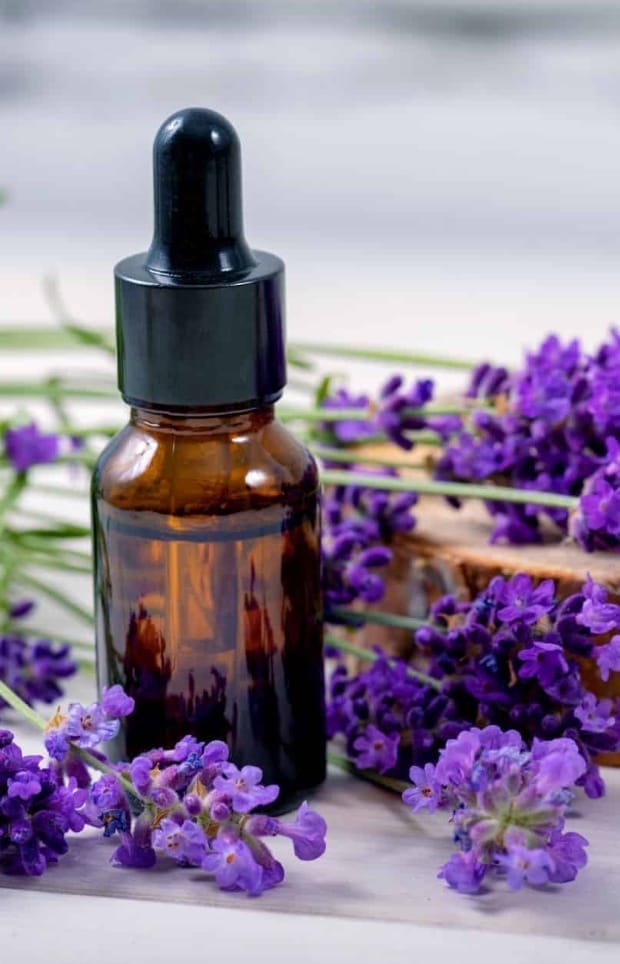
Peppermint Oil's Superpower
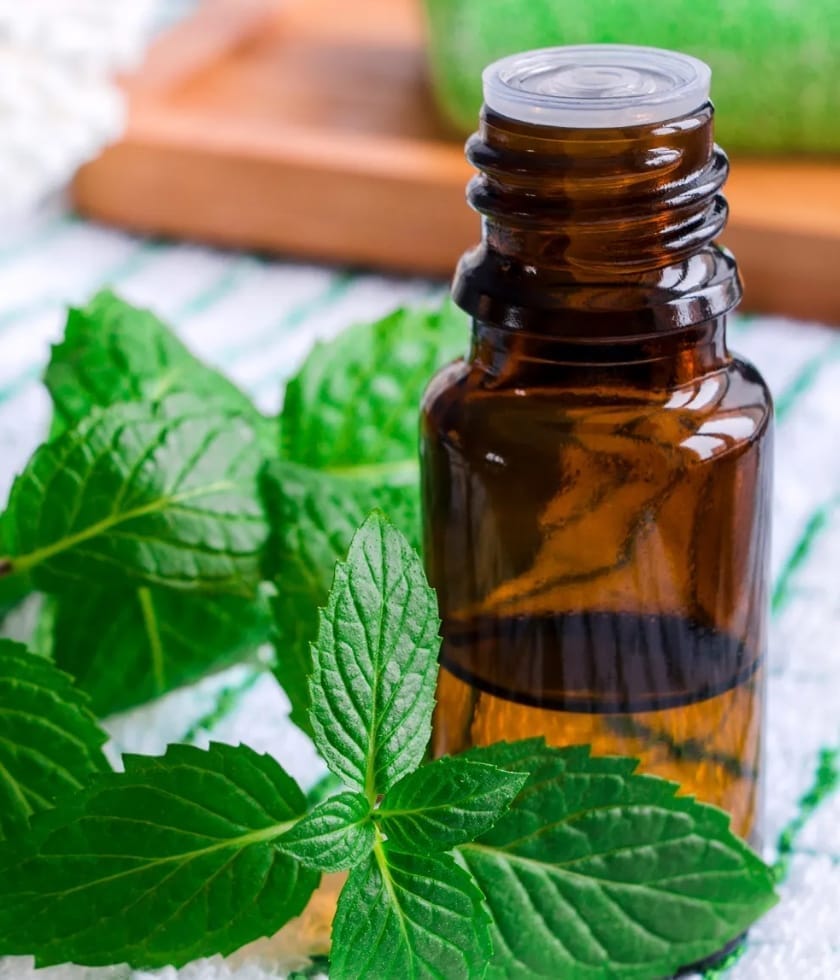
Peppermint oil is more than just a refreshing scent; it's a powerful cleaning ally. Its invigorating aroma can help boost energy and focus while you tackle your cleaning tasks.
One of peppermint oil's superpowers is its ability to repel pests. It's particularly effective against ants, spiders, and mice, making it a great addition to your natural pest control arsenal.
Peppermint oil also has antibacterial properties, making it useful for general cleaning. Its strong scent helps eliminate odors, making it great for trash cans and other smelly areas.
Eucalyptus Oil's Medicinal Uses
Eucalyptus oil is known for its medicinal properties, but it's also a fantastic cleaning agent. Its fresh, camphoraceous scent is invigorating and helps clear the air.
In cleaning, eucalyptus oil shines as a powerful germ-fighter. It's particularly effective in sick room cleaning sprays, helping to disinfect surfaces and freshen the air. Its deodorizing properties make it great for tackling strong odors in bathrooms and kitchens.
Eucalyptus oil can be incorporated into various cleaning solutions, from all-purpose sprays to laundry boosters. Just remember to use it sparingly, as its strong scent can be overwhelming in large quantities.
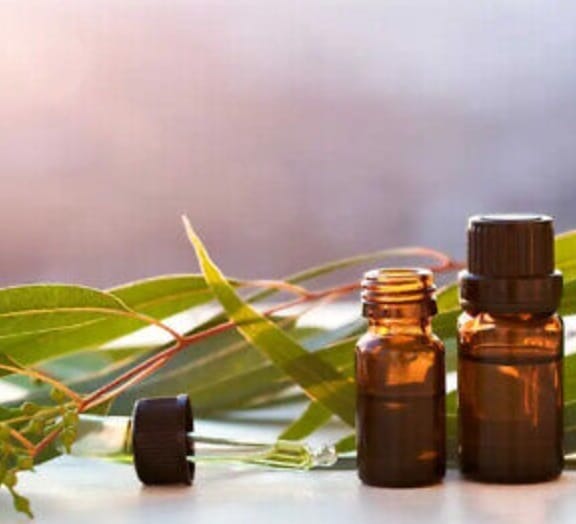
Using Essential Oils Safely
While essential oils are natural, they're also potent. It's crucial to use them safely and effectively in your cleaning routine.
Proper Dilution Techniques
Essential oils are highly concentrated and should never be used undiluted on surfaces or skin. Proper dilution is key to safe and effective use in cleaning.
A general rule of thumb is to use about 10-20 drops of essential oil per 500ml (or 16 ounces) of water or cleaning solution. However, this can vary depending on the oil and the application. Always start with less and adjust as needed.
For best results, mix essential oils with a carrier like white vinegar, castile soap, or alcohol before adding water. This helps the oils disperse evenly in the solution. Remember to shake well before each use to redistribute the oils.
Kid and Pet Safety Tips
While essential oils can be a great natural cleaning option, it's important to use them safely around children and pets. Some oils can be harmful if ingested or applied directly to skin.
For households with young children:
Store essential oils out of reach
Use child-resistant caps
Avoid using strong oils like peppermint in children's rooms
For pet owners:
Be cautious with tea tree and citrus oils around cats
Avoid using eucalyptus around birds
Always ensure good ventilation when using essential oil cleaners
When in doubt, consult with a pediatrician or veterinarian about safe use of essential oils in your home. With proper precautions, you can enjoy the benefits of essential oil cleaning while keeping your whole family safe.
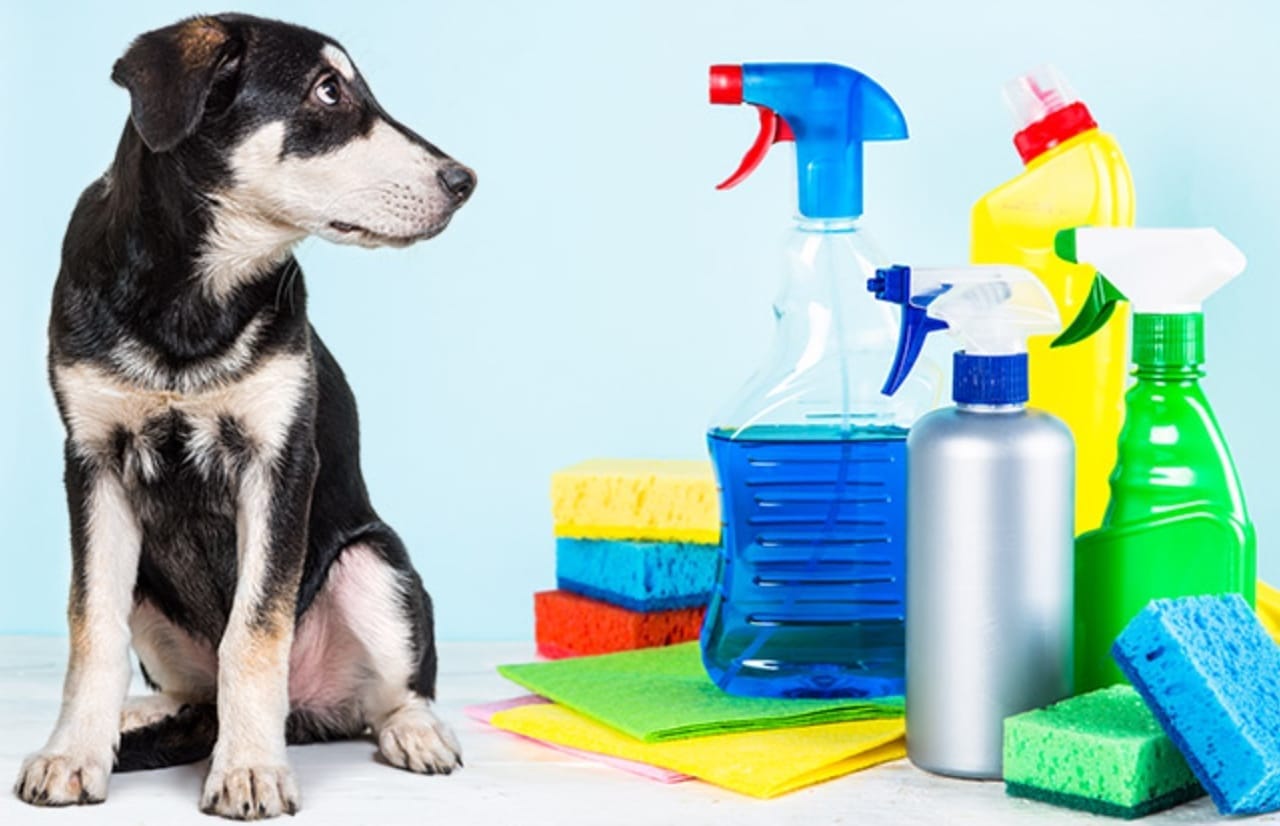
Links to Essential Oils You Might Like to Try
I have included some links to oils you might like to try. The brand is Thursday Plantation is an Australian business founded in Ballina, NSW. Their quality is second to none. Although I have used other brands this is my choice when possible.
These are affiliate links, affiliation is just one way to support this blog so I truly appreciate any purchases you may make from these links. Thank you, CJ.
BY MOJO HOMESTEAD
